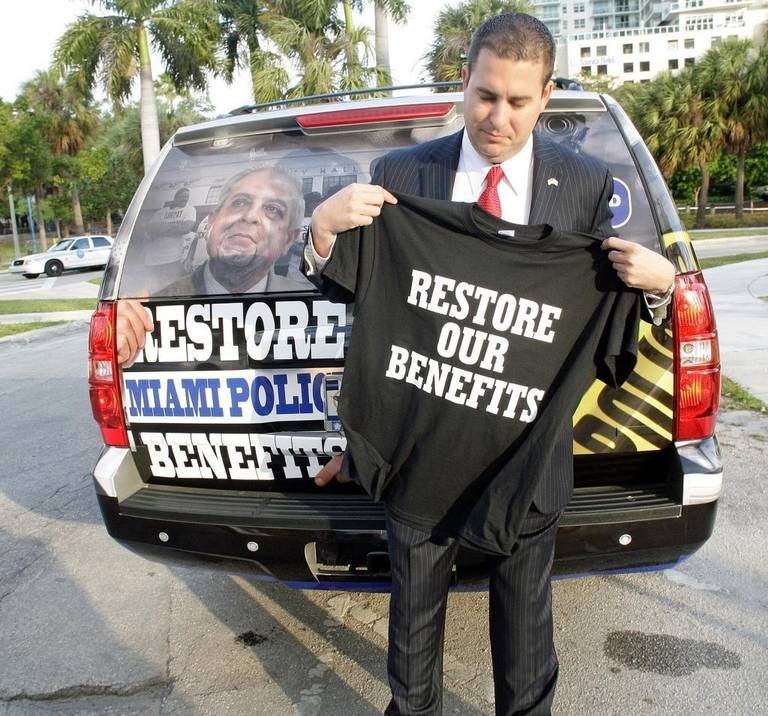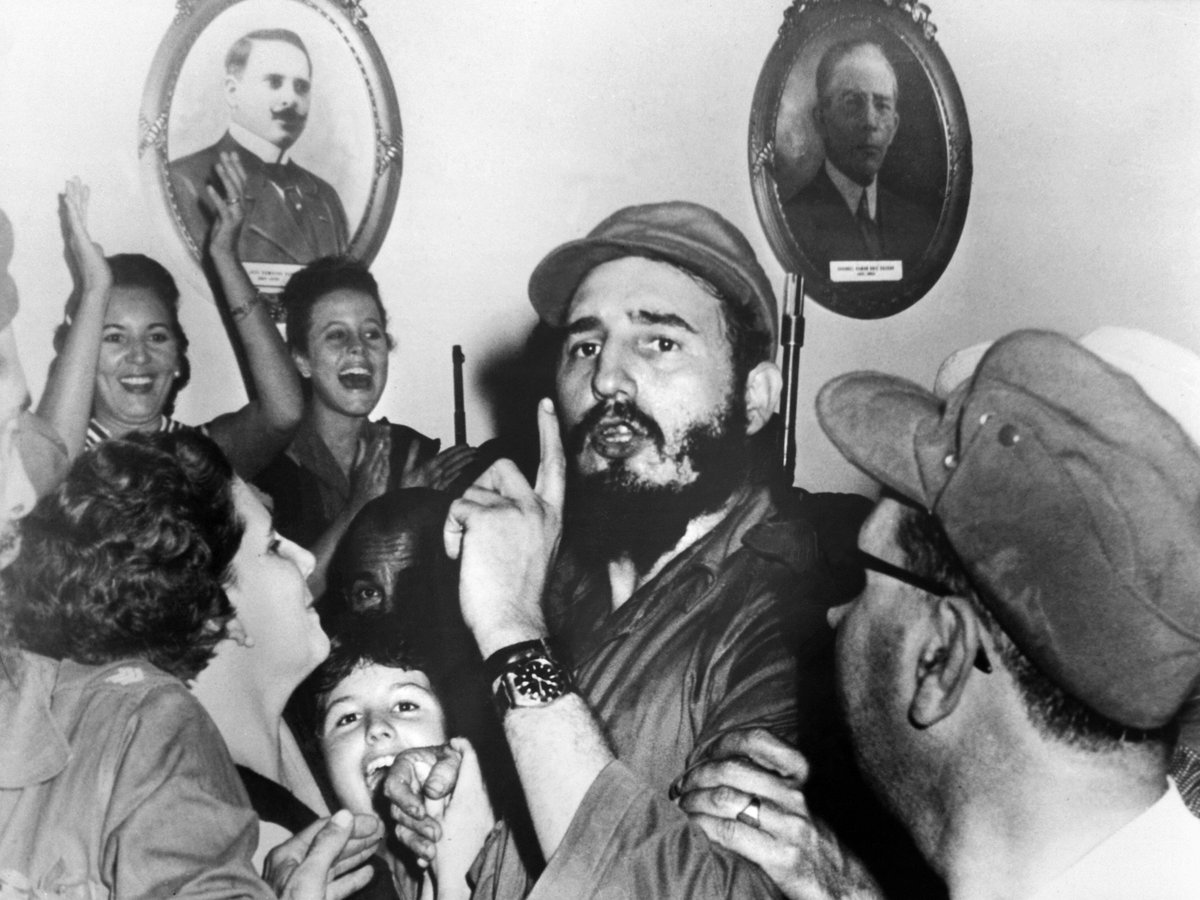
A young Black school teacher had picked up her 1-year-old child at her mother’s Liberty City home when she was pulled over by a Miami police sergeant named Javier Ortiz. 🧵 trib.al/qewFyDF
Ortiz told Octavia Johnson that he stopped her because he saw her buying drugs.
When she denied it, he asked how she could afford her nearly new Dodge Charger and what she did for a living.
When she denied it, he asked how she could afford her nearly new Dodge Charger and what she did for a living.
“Get the f--- outta here. Who would hire you with gold and tattoos?” Ortiz responded when she replied.
The traffic stop quickly turned uglier, leaving Johnson under arrest, her face pressed into pavement.
The traffic stop quickly turned uglier, leaving Johnson under arrest, her face pressed into pavement.
The confrontation more than a decade ago — just one of many detailed in a scathing two-year probe of Ortiz by the FDLE and FBI — foreshadowed a career marked with similar on-duty incidents. 

Still, he would rise to captain and, as a longtime union president, become a powerful and seemingly untouchable force in the Miami police department.
The unusual joint investigation doesn’t even delve into the string of racist comments and public clashes that have earned Ortiz a reputation as — depending on your point of view — Miami’s most outspoken or offensive cop.
Instead, the report chronicles a largely unreported history of misconduct allegations and dubious arrests pointing to “a pattern of abuse and bias against minorities, particularly African-Americans” by the former SWAT commander.
The report also found that Ortiz “has been known for cyber-stalking and doxing civilians who question his authority or file complaints against him.”
Read the full story here: trib.al/qewFyDF
Read the full story here: trib.al/qewFyDF

For more accountability journalism like this, please consider subscribing to the Miami Herald #ReadLocal account.miamiherald.com/subscribe/crea…
• • •
Missing some Tweet in this thread? You can try to
force a refresh






